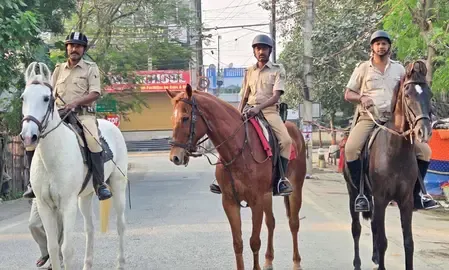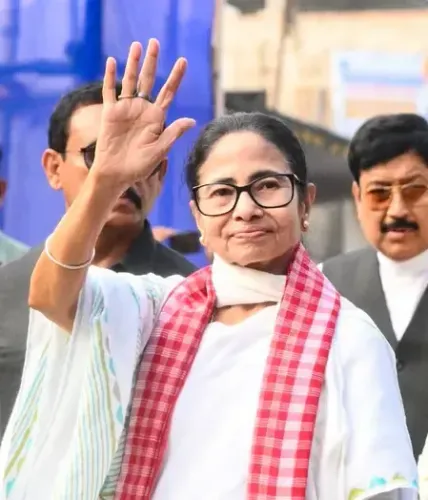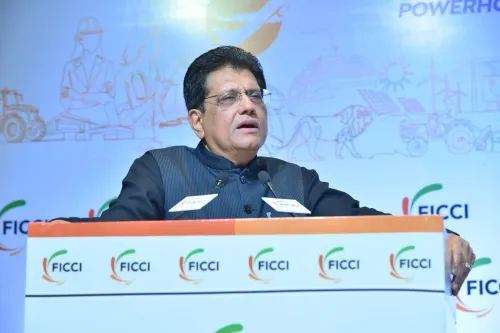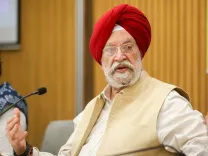How is Punjab Tackling Drug Trafficking with Village Defence Panels?
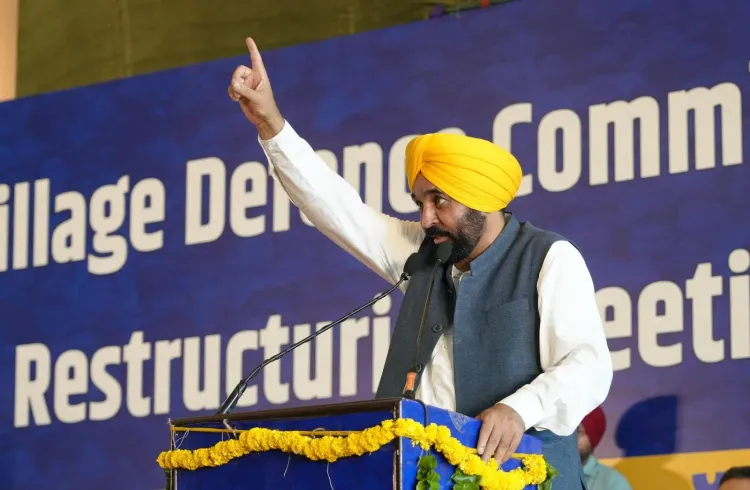
Synopsis
Key Takeaways
- Punjab launches defence committees for a drug-free future.
- Committees will include local leaders and citizens.
- Continuous surveillance to deter drug traffickers.
- Community engagement is essential for success.
- Official support through government recognition and ID cards.
Ludhiana, Aug 4 (NationPress) The Chief Minister of Punjab, Bhagwant Mann, announced on Monday that the ‘War Against Drugs’ initiative is in its concluding phase. The recently established defence committees within villages and urban areas are poised to eradicate drug trafficking across the state.
In his address to the defence committee members, the Chief Minister noted that the campaign, launched on February 4, has made significant strides in addressing the core of the drug issue. He emphasized that the drug supply chain's backbone has been thoroughly dismantled.
Mann expressed gratitude to the community for their vigorous support in this noble cause aimed at protecting future generations.
To ensure that villages and cities remain drug-free moving forward, the government has instituted these defence committees. He expressed confidence that these committees will serve as leaders in the ongoing battle against drugs, safeguarding the integrity of local communities.
“We envision a revitalized Punjab, and with your collaboration, no force can prevent us from achieving this vision,” he reinforced.
The Chief Minister reiterated his commitment to restoring Punjab’s pride, honour, and self-respect, pledging to leave no stone unturned in this endeavor.
Mann detailed that each village or ward defence committee will comprise four essential members: the village sarpanch or ward councillor, a representative from the anti-drug initiative, the BDPO or their delegate, and the Station House Officer (SHO) or their appointee.
He clarified that these committees will consist of 10 to 20 members, contingent on population size, and only those with exemplary records, such as retired military personnel, educators, and village leaders, will be included.
The Chief Minister stated that each committee will receive official recognition from the local Sub-divisional Magistrate (SDM), and members will be provided with special government ID cards.
This will streamline communication with local authorities concerning drug-related intelligence or anti-drug efforts.
Mann assured that villages and wards will be under continuous surveillance to deter any drug traffickers from operating.

